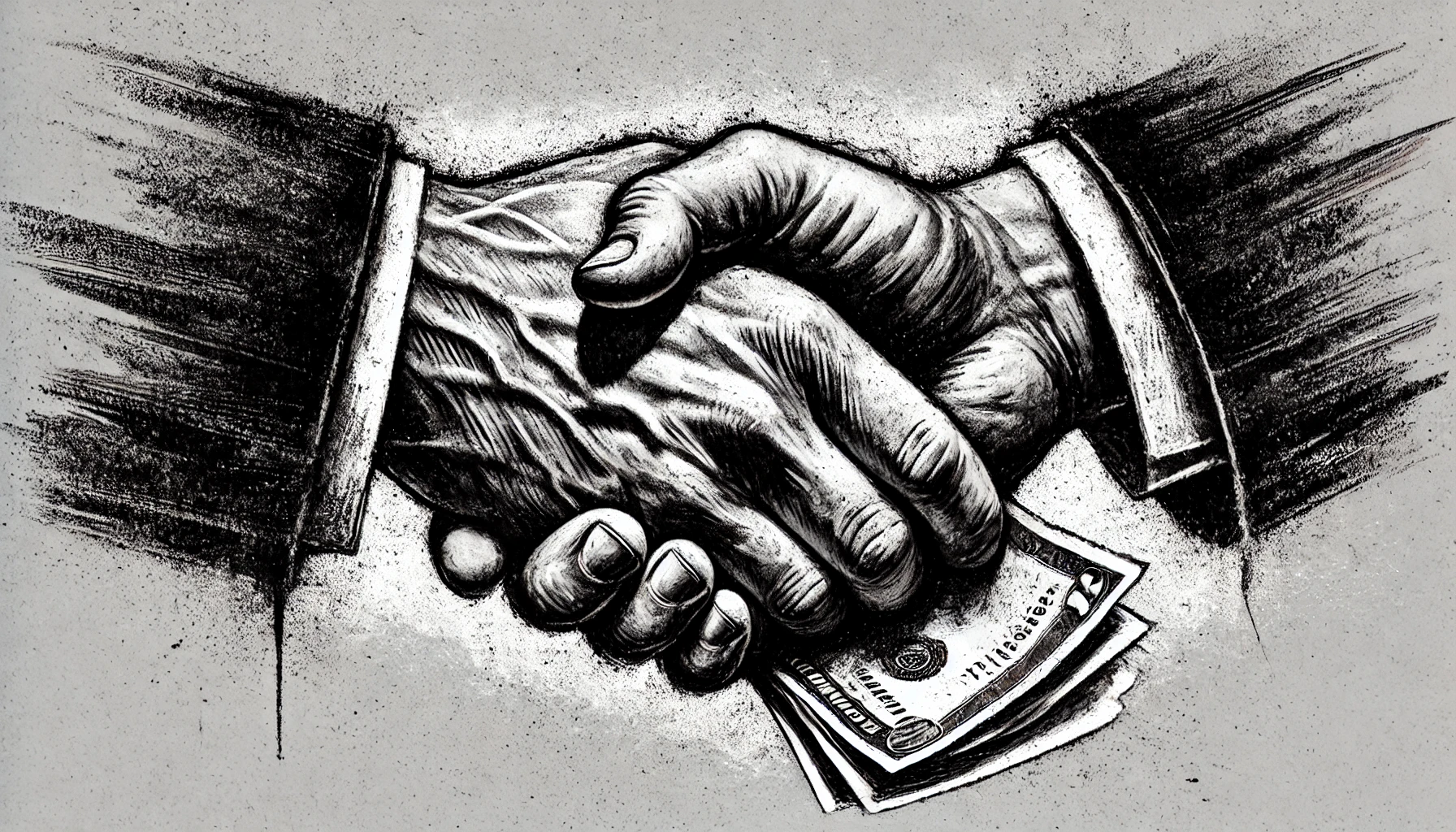Production
Supply chain shortages will cripple your profits

Supply Chain Shortages VS Prior Planning.
Far out, I hear about this ALOT, in blogs, emails, posts online, so called supply Chain shortages....
I have seen so much throughout the last five years importing items from around the world. Being a supply Chain professional before, during, and after Covid, and with the increase of natural disasters, our team and I have navigated so many variables in managing business' supply chains.
So now, I am ever the sceptic that Supply Chain shortages are avoidable and one should not call a lack of production planning a supply chain shortage.
There is an argument to be had, and of course, during covid, we all saw the toilet paper fiascos, the mask mandates and the RAT tests rig moral.
Though It's my unpopular belief that most of these "Supply Chain Shortages" were not only avoidable but directly due to ignorance from the government's PR knee-jerk reactions and the lack of understanding of the procurement process, which created hysteria.
What is a Supply Chain Shortage first?
So there is a relatively realistic understanding that a natural disaster like what's happening in Western Australia ( January 2023 ) with the Flooding will impact the supply of goods in and out of Northern WA.
Here are some other events or situations that can sometimes be unavoidable in managing a supply chain. I will also discuss reactive responses, production planning and how having a professional team can avoid these opportunities for loss of customer trust and sales.
- Increased demand for goods and services:
If demand for a product or service exceeds the supply available, this can lead to shortages. Self-explanatory really, for example, a post goes viral, and you don't have the stock to fulfil the orders, Though having a team and relationship with multiple suppliers who can all produce your goods is an easy way to have many hands support your business growth. This is production planning 101. Do not have all your eggs in one basket. .
- Cash Flow:
I have seen this impact businesses alot, this can create a supply chain issue, especially if you give large customers "payment terms" or you a medium size business and you buy and sell out each time having to wait for deliveries, this could be one of the times that production planning would not have the impact, though inventory finance is sometimes obtainable. Reach out if you want some help understanding this.
- Production and capacity constraints:
If a company needs to produce more products urgently though due to limitations on their production capacity or sources of raw materials, this can lead to shortages. We always suggest having 2 - 3 backup suppliers with pre signed confidentiality contracts, samples of your product & they have also produced samples, which you have confirmed quality. They work as overflow suppliers of your leading supplier. Again Production planning and having multiple suppliers on hand are imperative for ongoing growth.
- Transportation and logistics issues:
Disruptions in the transportation network, such as delays at ports or bottlenecks in the distribution system, can cause shortages. Having a supply chain team and having all of the information correctly communicated here, I believe planning can engineer a lot of the loss of time in these processes.
- Political and economic instability:
Instability in a region, such as political unrest or economic sanctions. We also saw this with new clients importing products from Russia and Ukraine, they had to rebuild supply chains whilst not having stock, this is emergency due to the WAR, though if they had ongoingly contracted a supply chain team, this would not have been reactionary rebuilding it would of been the same sollution multiple suppliers in multiple regions with pre approved samples and production instructions.
- Natural disasters:
Floods, Bush Fires, and Droughts can disrupt the supply chain and cause shortages.Diversification of the supply chain if the previous events of the last decade with shifting weather patterns and humans expansion into new regions for living has not taught us the power of diversification in supply chain management I do not know what will.
How can businesses mitigate the impact of supply chain shortages?
You mitigate the risk in supply chain shortages, by production planning and having a dedicated team of supply chain professionals constantly optimising. Here are some of the steps they would take in the management of the supply routes of your products or raw materials.
- Diversifying the supply chain: Having multiple suppliers and transportation routes can help reduce the impact of shortages caused by disruptions in any one part of the supply chain.
- Building inventory buffers: Having a sufficient buffer of inventory can help businesses weather short-term shortages.
- Developing contingency plans: Having plans in place to deal with disruptions in the supply chain can help businesses respond more effectively to shortages.
- Using technology: Technologies such as artificial intelligence, automation, and blockchain can help businesses better manage and optimize their supply chains and reduce the impact of shortages.
- Collaborating with suppliers and partners: Working closely with suppliers and partners to identify and address potential issues in the supply chain can help mitigate shortages.
- Providing transparency: Being transparent with customers about supply chain disruptions and shortages can help build trust and loyalty.
These steps should all be implemented within your own business, either your team or a contract team builds these as steps to risk mitigation as this is imperative to long term growth for any business large or small.
Reach out for a supply chain audit or support with ensuring you have eyes wide open when it comes to your next 3 - 5 years of business.


